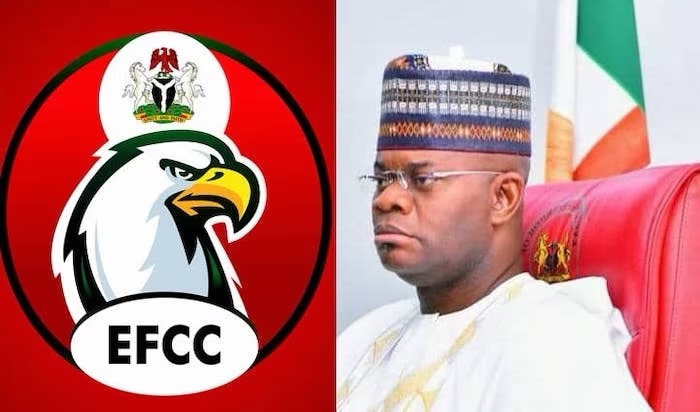On December 13, 2024, the Federal High Court in Abuja granted Yahaya Bello, the former governor of Kogi State, bail in the sum of ₦500 million following a 19-count charge of alleged ₦80 billion fraud filed against him by the Economic and Financial Crimes Commission (EFCC). Justice Emeka Nwite, who presided over the case, ordered Bello to provide two sureties who must possess properties within Abuja. The title documents of these properties will be verified by the court’s Deputy Chief Registrar. This marks a significant moment in the legal proceedings surrounding the former governor.

As part of the bail conditions, Bello is also required to surrender his Nigerian passport and submit two recent passport-sized photographs to the court. Until the bail conditions are met, the judge has directed that Bello be remanded at the Kuje Correctional Center in Abuja. Earlier in the proceedings, Bello pleaded not guilty to all charges, which include allegations of diverting public funds for personal acquisitions within Nigeria and abroad. These developments have drawn widespread public attention to the seriousness of the charges.
This case is separate from another ongoing legal matter where Bello faces a 16-count charge of alleged ₦110 billion fraud. In that case, the court previously denied him bail, citing procedural concerns since he had not surrendered to the EFCC at the time. The multiple charges reflect the broader scrutiny of Bello’s financial dealings during his tenure as governor of Kogi State, adding to the growing list of high-profile corruption cases in Nigeria.
The EFCC’s allegations against Bello include the misappropriation of public funds, which prosecutors claim were used to acquire properties and other personal assets. Bello’s legal team has consistently maintained his innocence, accusing the anti-graft agency of targeting him unfairly. However, the EFCC argues that the weight of evidence justifies the charges and insists on accountability for alleged financial crimes.
This high-profile case underscores Nigeria’s ongoing efforts to tackle corruption within its political and public sectors. As Bello faces trial, the legal proceedings are expected to set a significant precedent for prosecuting financial crimes involving prominent figures. The outcome of the case will have implications not just for Bello’s political career but also for the country’s broader fight against corruption.






